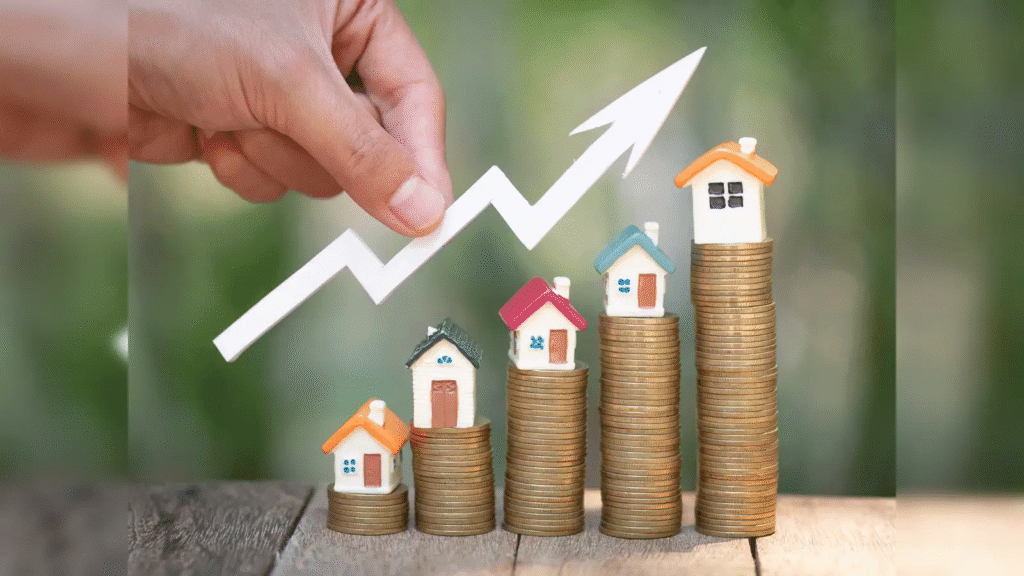
The COVID-19 pandemic brought unprecedented challenges to global economies and real estate markets. While many regions faced significant downturns, the United Arab Emirates, particularly Dubai, emerged with remarkable resilience, witnessing a surging demand for property in the post-pandemic era. This powerful resurgence is not merely a rebound but a testament to strategic government initiatives, evolving lifestyle preferences, and the UAE’s enduring appeal as a safe, stable, and prosperous global hub.

One of the primary catalysts for the UAE’s rapid real estate recovery was the government’s swift and decisive response to the pandemic. Rather than opting for prolonged, stringent lockdowns, the UAE implemented a balanced approach, prioritizing public health while also ensuring economic continuity. A highly successful vaccination campaign, coupled with robust testing and contact tracing, instilled confidence among residents and international visitors alike.
Furthermore, the government introduced a series of economic stimulus packages and support measures for businesses, bolstering market confidence. These proactive measures, including waivers on fees and deferred payment plans, helped to stabilize the economy and prevent a widespread collapse in the real estate sector. The perception of the UAE as a safe and well-managed country during a global crisis became a significant draw for individuals and investors seeking stability.
The pandemic fundamentally altered how people view their living spaces. With remote work becoming a widespread norm, the demand for larger homes with dedicated office areas, outdoor spaces, and access to green communities surged. This led to a significant shift in buyer preferences:
The UAE’s post-pandemic property boom was also significantly fueled by an influx of international talent and investment. Several government initiatives played a crucial role in attracting a new wave of residents:

As global travel restrictions eased, Dubai’s status as a premier tourist and business destination saw a rapid resurgence. Events like Expo 2020 (held in 2021-2022) served as a powerful catalyst, bringing millions of visitors and showcasing the city’s capabilities. This revival of tourism directly impacted the hospitality and short-term rental sectors, but also had a ripple effect on the broader residential market as visitors converted into long-term residents or investors. The continuous flow of business travelers and leisure tourists keeps the demand for short-term rental properties robust, offering attractive yields for investors.
While demand soared, the supply side of the market initially lagged, contributing to significant price appreciation in 2022 and 2023. Although new projects are continually being launched, particularly off-plan, the robust population growth and strong buyer interest have meant that demand has often outstripped immediate supply, especially for popular property types. This has led to a seller’s market in many segments, with competitive bidding and rapid absorption of new inventory. Analysts project that while supply will increase in the coming years, particularly from 2026-2028, demand is likely to remain strong, leading to continued, albeit potentially more moderate, price growth.

The UAE’s post-COVID property market is not just a temporary boom; it reflects fundamental shifts and strategic long-term planning. The government’s continued investment in world-class infrastructure, smart city initiatives, and sustainable developments, combined with its pro-business and pro-investor policies, positions the UAE as a resilient and attractive real estate destination for the foreseeable future. The demand is being driven by a genuine increase in population, a desire for quality of life, and the undeniable appeal of a thriving, secure, and tax-efficient environment.
WATCH MORE : https://www.bloomberg.com/news/videos/2025-03-14/deloitte-s-joulani-on-uae-s-propert-market-surge-video
READ MORE: Dubai Property: Unlocking Incredible Investment Opportunities
